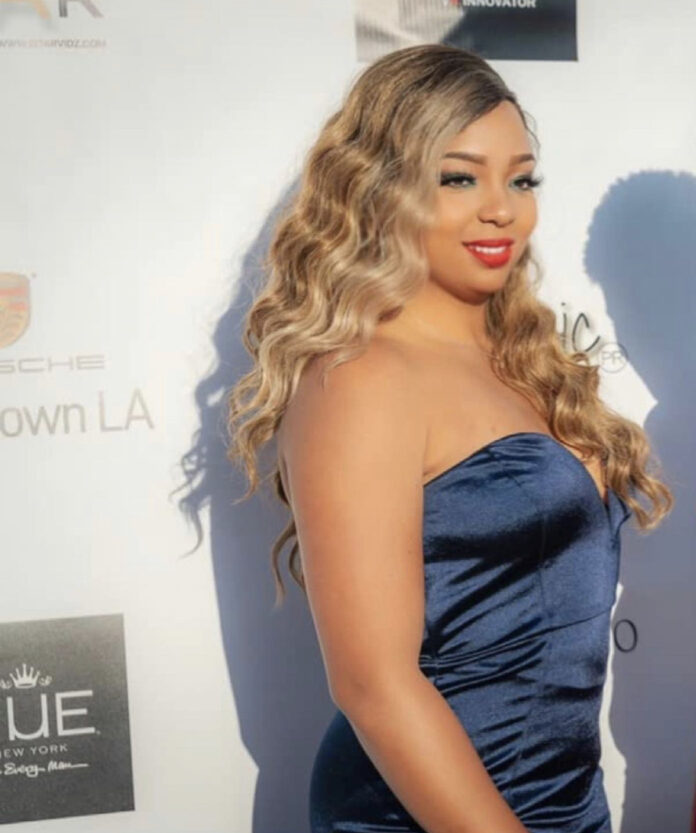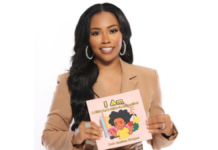( ENSPIRE She Did That ) A Journey of Resilience and Redemption with Andrea Ward
Andrea Ward shares the deeply personal and inspiring journey that led her to become a dedicated advocate for survivors of domestic violence. Drawing from her own experiences as a survivor, she recounts her path to empowerment, highlighting the universal nature of this issue that knows no boundaries of race, color, ethnicity, or gender. Andrea discusses the pivotal role of storytelling in her life and how she transitioned from being a celebrity fashion stylist to a filmmaker, using her voice and creative talents to shed light on the often untold stories of abuse. Her program “LIFE AFTER THE STORM” takes center stage as she unveils her mission to empower survivors through writing, music, and film.
The key phrase “Survivor to Advocate” encapsulates the heart of her mission. Through her unwavering commitment to empowering survivors and her creative endeavors in filmmaking, she shines a spotlight on the survivors’ narratives that have long been hidden. Join us in exploring Andrea’s remarkable path, where she not only found her own voice but is also helping others do the same, one story, one film, and one song at a time.
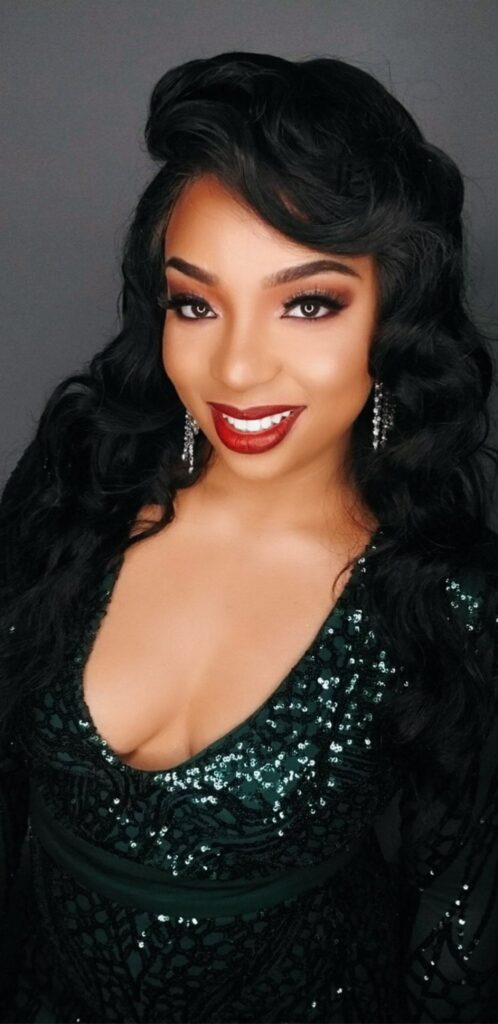
Can you share with our readers what inspired you to become an advocate for survivors of domestic violence and how it has influenced your work?
What inspired me to become an advocate for survivors of domestic violence is, because I was once in their shoes, I am a survivor of domestic violence at a very early age. I had my first encounter with abuse I had just finished college. I did not realize that something like this could happen to me. I always thought that this could never be me. It would never happen to me but little did I know domestic violence is not prejudice towards race, color, ethnicity, or gender. There was one point in my life when I had to make a conscious decision for myself as a person, and I chose to walk away from something that was no longer for me, but it was rather against me and ultimately in the end, I got extremely lucky because most women or men, if not both very seldom people escape from their significant other, or ex-partner that was the abusers. My life story, my experiences, and the trauma that I had to endure at such an early age are what inspired me and motivated me to become the woman that I am today not only for that, but setting an example for those who lack knowledge or awareness of domestic violence in the danger, said to come with it, and the trauma that would affect you for the rest of your life. My influence has been very influential since 2016 when I had my first opportunity to use multiple mainstream platforms within the fashion world and industry and spread awareness where it would make a difference from then on, I’ve used other platforms and got into the TV in the film industry as a filmmaker to write Rall truthful, authentic stories that often get swept underneath the rug the ones we rarely hear about, especially for those that have gone through abuse. I feel it is very important to share these stories because this story is someone else’s story might save someone else’s like a stranger, your friend, or maybe someone you don’t know who’s on the opposite side of the world influenced by this world makes a difference sharing your truth makes a difference for someone else that may watch you that may observe you. They might be a big fan of you, someone that you may inspire right now who was once in your shoes, you’ve inspired him to leave, and such is life because there are endless possibilities after the storm.
Your upcoming feature film, “Reborn Redemption,” explores the struggles in the communities of Los Angeles, California. Can you tell us more about the inspiration behind this film and what message you hope to convey to your audience through it?
Reborn Redemption is a story of a young woman who was married to an abusive husband. She felt trapped alone and afraid she felt useless. She felt weak because he conditioned her to feel that way and somehow what was once meant to destroy her, became her absolute power, she took her power back and fought back against what she was afraid of the most, her husband was no longer her fear, but something that she had to conquer because she had to find the inner strength within herself. The message of the story is when you are at your lowest point you feel vulnerable, weak, and afraid and you feel is so you do not have a voice and do not have the power to fight back. You have to be the person to dig deep within yourself to find and discover the power that you’ve always had you’ve just been too afraid to tap into it. If no one else is going to save you from a toxic situation or relationship, have the power to be the hero that you always needed the hero you never saw coming you be that for yourself in order to save yourself if no one else is going to save you Ultimately this world is a cold world, and you have to stick up for yourself, stand up and fight back whether it’s to your voice through your action you have to find courage to believe that you are the power.
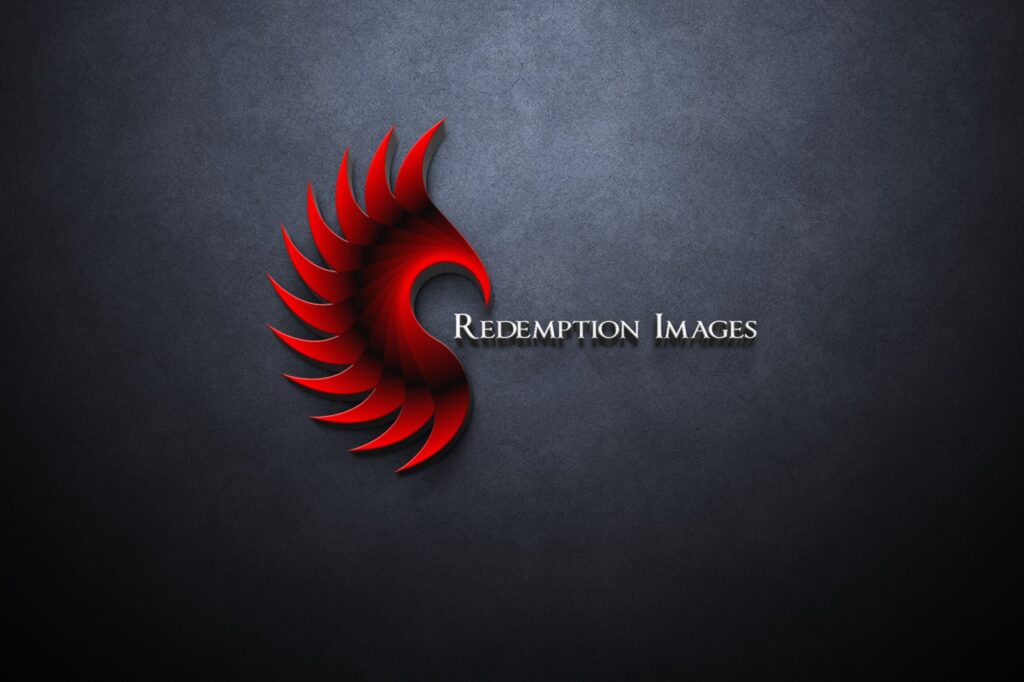
It’s fascinating to learn about your involvement in both the fashion and film industries. Can you discuss the transition from being a celebrity fashion stylist to a filmmaker? How has your experience in fashion influenced your work as a filmmaker?
Well, initially I started out as a celebrity fashion designer showcasing with Mercedes-Benz Fashion Week with LA Fashion Week in New York, during that time was probably one of my toughest times because I was still healing from a very traumatic experience that ever faced in my life. Fashion styling was cool, but I felt so that wasn’t enough for me at least to make a difference for those who look up to me and those whom I inspire who might go through abuse, so I wanted to take another row, which was the Art of storytelling and ever since I was a young girl I grew up as the awkward young black girl in a community that never welcomed me and the only thing I had was film. The only thing I would watch was a film. The only things I would write were films, films, ideas, narratives, and stories that I rarely heard just because those narratives weren’t being told and I had the carriage enough carriage to believe in myself to write these narratives in these untold stories it often get swept under the rug, so I learned how to write more screen place. I learned how to produce and direct cast everything you might need for a production, and I brought the ideas to life. Where is so the stories that I would put out resonate with my audience, and people and people would be more in treating people would be more grateful to see more projects of this nature out on multiple platforms, and then the world because stories matter to everyone who has a story, and I believe everyone deserves to tell their story their truth, and to live, and be in speak in their truth ultimately this all started from someone believing in me and giving me a chance to tell my story that is how I got into TV in film and now I am the CEO owner and founder of redemption images “the voice for the voiceless”
With numerous awards and nominations for your work, including your recent short film “Deception Street,” could you share some insights into the challenges and highlights you’ve encountered as a filmmaker and writer during your career?
So with Deception Street, which was a pretty difficult project for me just because this came from a deep, dark place when I wrote it, I was in a very dark place of my life, and this was the very first story that I produced directed and wrote as a Short. The challenge that I had to face in creating, this project was bringing on people that believed in the idea story, and concept of this project. Most people did not want to help me, but to take it to advantage, and to get over on me because I was inexperienced in film, and this was my very first project. Casting was very challenging because locating and sourcing out actors that would be interested, however, I had my friends who believed in me and were very sympathetic to the story. They helped me along the way, especially with my first project, and then on our began building a community of my own.
For this project, I received many knows before I even received one yes and they were often I doubted myself because this was my first project, and being OK with rejection I learned to be OK with it and that The knows what I would receive would eventually lead to a Yes.
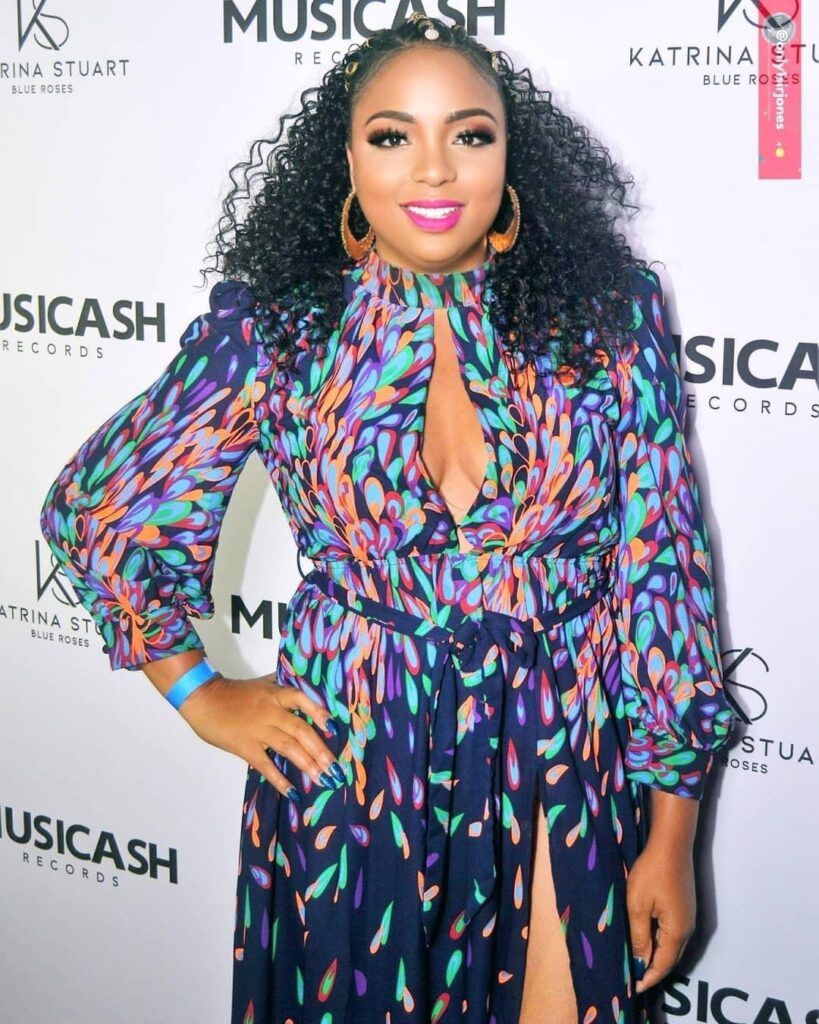
As the great-niece of Billie Holiday, you have a unique connection to a legendary figure in the world of music. How has your family’s musical heritage influenced your own career as a vocalist, actress, and book author?
Ultimately, I did not find out about this until I reached the age of 25 and I realized that Billie and I had a lot of similarities in certain areas of life. Billie was often misunderstood and was very creative. A musically, creative genius, and she went through a lot of unfortunate things in her life unfortunate things. And Billy was always tough. She always stuck to her truth. She was always honest, authentic, and rock. She didn’t have to sugarcoat or be something that she wasn’t. She never gave up on her dreams, or for something that she wanted in her life, and she made it happen for herself. I am myself in the same way. I received a lot of noses and been through a lot of things in life, life, circumstances, and changes, but I refuse to be comfortable cocooning and soft out with the past pains in traumas that I’ve been a dog, would rather just fight back for what I want and what I deserve in my life and towards my dreams.
Your program “LIFE AFTER THE STORM,” aimed at helping families affected by domestic violence, sounds like a valuable initiative. Can you provide more details about the program and how it aims to empower survivors through writing, music, and film?
Life after the Storm initiative program was designed and developed to help families affected by domestic violence as well, as help survivors channel their pain into power with the Art of storytelling if not story writing. This program is to give back to those that abuse has affected those who are looking for a change in their life and starting a new chapter a new career, a new way of thinking in life itself as we know it. This program is an opportunity for more jobs in the workspaces.
Related Articles: Yolanda Gardner Speaking Out to Prevent Abuse, Calling a TRUCE in the Home

